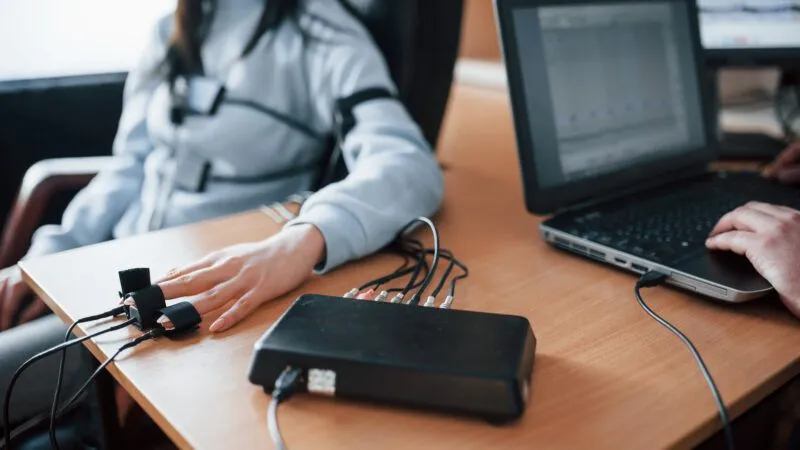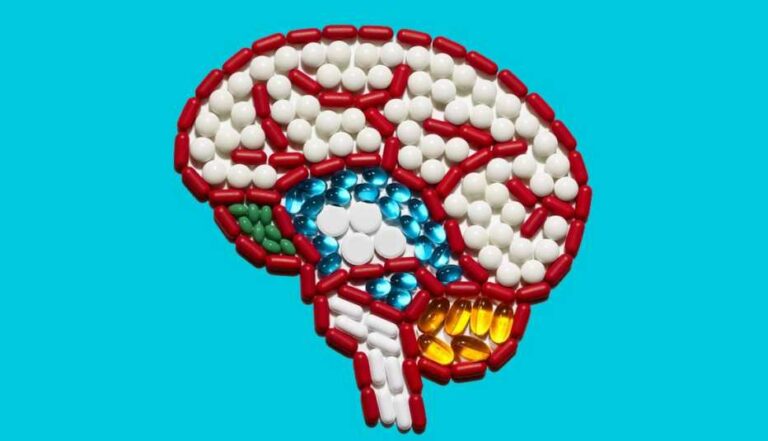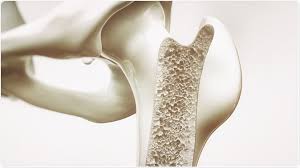The Truth Behind Lie Detectors: How They Work, Accuracy, and Ethical Considerations
Introduction to Lie Detectors
Lie detectors, also known as polygraphs, have long been a subject of fascination and controversy. Used in criminal investigations, employment screenings, and even personal disputes, lie detectors claim to measure the physiological responses of an individual to determine whether they are telling the truth. While polygraphs have been in use for over a century, debates about their accuracy, reliability, and ethical implications continue. In this article, we will explore the science behind lie detectors, how they function, their effectiveness, and the ethical concerns surrounding their use.
The Science Behind Lie Detectors
Lie detectors operate on the principle that deception causes measurable physiological changes in the body. The polygraph machine records multiple physiological signals, including heart rate, blood pressure, respiration rate, and skin conductivity. The underlying assumption is that when a person lies, their body exhibits involuntary responses due to the psychological stress associated with deception.
During a polygraph test, a trained examiner asks a series of questions while the subject is connected to the machine. The questions typically include “control” questions (neutral or irrelevant questions) and “relevant” questions related to the matter under investigation. By comparing the physiological responses to control and relevant questions, the examiner determines whether the subject is likely lying or telling the truth.
Polygraphs rely on three primary physiological measurements:
- Cardiovascular Activity – Heart rate and blood pressure are monitored to detect fluctuations that may indicate stress or anxiety.
- Respiratory Rate – Breathing patterns can change when a person experiences stress, with some individuals showing rapid breathing and others exhibiting temporary breath-holding.
- Electrodermal Activity (EDA) – This measures skin conductivity, which increases due to sweating when a person is anxious or stressed.
Although these measurements can indicate stress or nervousness, critics argue that they do not conclusively prove deception, as many factors can influence these physiological responses.
How Accurate Are Lie Detectors?
The accuracy of polygraph tests is a highly debated topic. Proponents claim that when administered by a skilled examiner, polygraphs can be 80-90% accurate in detecting deception. However, opponents argue that polygraphs are unreliable, with results influenced by various factors such as anxiety, medical conditions, and even the skill of the examiner.
Factors That Affect Polygraph Accuracy
Several factors can impact the reliability of lie detector tests:
- Individual Differences: People react differently to stress and questioning. Some individuals may experience heightened anxiety during a test, even if they are telling the truth, leading to false positives. Others, particularly pathological liars or trained individuals, may suppress physiological responses, resulting in false negatives.
- Examiner Bias: The skill and experience of the examiner play a crucial role in interpreting results. A poorly trained examiner may misread physiological responses, leading to incorrect conclusions.
- Countermeasures: Some individuals deliberately attempt to manipulate the test results using countermeasures, such as controlled breathing, tensing muscles, or using sedatives to reduce anxiety. These tactics can make it more difficult to detect deception accurately.
- Testing Conditions: Environmental factors, such as room temperature, distractions, and the phrasing of questions, can impact test results. A stressful environment can cause nervous reactions even in truthful individuals.
Due to these limitations, many experts caution against relying solely on polygraph tests for critical decisions, especially in legal settings. In fact, most courts do not consider polygraph results as admissible evidence due to concerns over their reliability.
The Use of Lie Detectors in Different Fields
Despite the controversy surrounding their accuracy, lie detectors continue to be widely used in various fields. Their application extends beyond criminal investigations to areas such as employment screenings, security clearances, and even personal relationships.
Criminal Investigations
Law enforcement agencies frequently use polygraph tests during criminal investigations. While polygraph results are not always admissible in court, they can serve as an investigative tool to identify suspects or verify witness statements. In some cases, law enforcement officers use polygraphs to elicit confessions, as some individuals may admit to a crime when confronted with polygraph results.
Employment Screening and Security Clearances
Government agencies, particularly those involved in national security, often require polygraph examinations as part of their hiring process. Intelligence agencies, such as the FBI and CIA, use polygraphs to assess the honesty of candidates and detect any potential security risks. Some private companies also use lie detectors for pre-employment screenings, although this practice is controversial and, in many countries, restricted by law.
Personal and Relationship Disputes
In some cases, individuals turn to lie detectors to resolve personal disputes, such as accusations of infidelity or dishonesty in relationships. While polygraphs may provide some reassurance to those involved, the emotional and psychological impact of such tests can sometimes cause more harm than good, particularly if the results are inconclusive or inaccurate.
Ethical and Legal Considerations of Lie Detector Tests
The use of polygraph tests raises significant ethical and legal concerns. Critics argue that the tests invade personal privacy, have the potential for abuse, and can lead to wrongful accusations. Some of the key ethical and legal issues surrounding polygraphs include:
Invasion of Privacy
Lie detector tests often require individuals to answer deeply personal questions, which some argue is an invasion of privacy. This concern is particularly relevant in employment screenings, where candidates may feel pressured to reveal personal information unrelated to their job qualifications.
False Positives and Wrongful Accusations
Given the possibility of false positives, polygraph results can unfairly label innocent individuals as deceptive. This is particularly concerning in criminal investigations, where an inaccurate result could lead to wrongful accusations or even wrongful convictions.
Use in Employment Practices
Many countries have strict regulations regarding the use of polygraphs in employment. In the United States, the Employee Polygraph Protection Act (EPPA) prohibits most private employers from using lie detectors for hiring or employment decisions. However, exceptions exist for government positions and certain security-related jobs.
Psychological Impact
Undergoing a polygraph test can be a stressful and anxiety-inducing experience. Even individuals who are telling the truth may feel nervous about the test, leading to increased stress levels and potential false readings. In cases where results are misinterpreted, individuals may experience emotional distress or reputational damage.
Alternatives to Polygraph Testing
Due to concerns about the reliability and ethics of polygraph tests, researchers have explored alternative methods for detecting deception. Some promising alternatives include:
- Brain Scanning Technologies: Functional MRI (fMRI) and EEG scans have been studied as potential tools for detecting deception by measuring brain activity. While these methods show promise, they are still in the experimental stage.
- Voice Stress Analysis (VSA): Some experts believe that changes in voice pitch and speech patterns can indicate deception. However, research on the effectiveness of VSA remains inconclusive.
- Behavioral Analysis: Instead of relying on physiological responses, some investigators focus on nonverbal cues, speech patterns, and psychological profiling to assess whether someone is being truthful. While behavioral analysis can provide insights, it is not foolproof.
Conclusion: Should We Trust Lie Detectors?
Lie detectors continue to be a widely used tool in various fields, but their reliability remains a subject of debate. While polygraphs can sometimes be useful in investigations and security screenings, they are not foolproof and should not be relied upon as definitive proof of truth or deception. The ethical and legal implications of their use further complicate their role in society.
Available Addresses for Inclusion:
Dublin:
Ballycoolin – 1 Ballycoolin Rd, Ballycoolin, D15 AKK1
Sandyford – The Chase, Sandyford, D18 Y3X2
Pembroke House – Pembroke House, D02 NT28
Drogheda:
56 West St, Moneymore, Co. Louth, A92 E4CY
Monaghan:
Marian Industrial Estate, H23 X273
Northern Ireland:
Belfast – Cromac St, BT2 8LA
Newry – Ground and 1st Floor, 30 Kilmorey St, BT34 2DE
Coleraine – Regus, River House, Londonderry, BT51 3DR








